
Corporate Confidential
Fortune 500 Executives off the Record: What It Really Takes to Get to the Top
Read or listen offline
Amazon KindleRecommendation
getAbstract recommends this book to anyone who is planning to climb the corporate ladder, although author Susan DePhillips includes nothing that is revolutionary, and little that is new. However, she interviewed dozens of Fortune 500 executives and boiled the results down into sensible advice, which she presents in brief, lucid segments. The executives’ approach is direct, at times startlingly so, such as when they discuss what women need to do to get ahead. These executives are wise - but if you already have the maturity and self-knowledge to benefit from their wisdom, you may not need it. After all, do people with attitude problems recognize what’s wrong? Can they see that they are playing the victim unnecessarily? The book actually becomes touching, and therefore sobering, when the executives discuss the trade-offs they made to get to the top. Most of them take responsibility for their choices, but they speak with regret of missing chunks of their families’ lives or of damaging their health. Regrettably, while some of the executives allowed DePhillips to identify them, others did not, so she presents their advice anonymously. As a result, you get a strong consensus, but you can’t always get to know the individuals behind the stories.
Summary
About the Author
Susan A. DePhillips spent more than 20 years as a human resources professional. She also worked as the vice president of a retail business. She is a business consultant and writer.









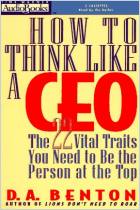
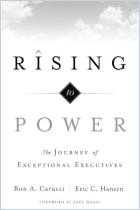
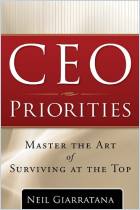
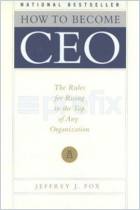

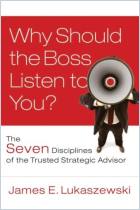



Comment on this summary or Iniciar a Discussão